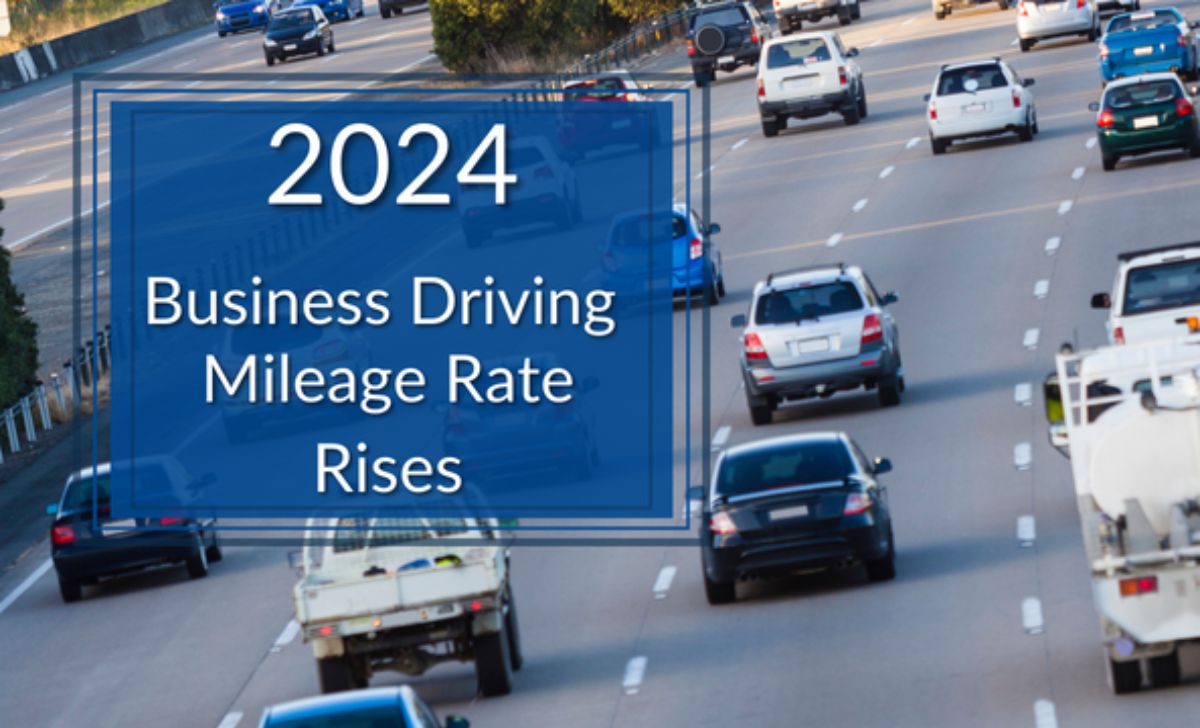
December 19, 2023
The IRS has announced the 2024 optional standard mileage rates used to calculate the deductible costs of operating a vehicle for business, charitable, medical or moving purposes.
Background: If you use a vehicle for business driving, you can generally deduct the actual expenses attributable to your business use. This includes expenses such as gas, oil, tires, insurance, repairs, licenses and vehicle registration fees. In addition, you may claim a depreciation allowance for the vehicle, based on the percentage of business use. However, annual write-offs are subject to so-called “luxury car” limits, indexed annually.
But some taxpayers don’t want to keep track of every vehicle-related expense. Another option: Instead of deducting your actual expenses, you may be able to use the IRS’ standard cents-per-mile rate.
The national average price of a gallon of regular unleaded gas was $3.087 on December 15, 2023. This is down from the same week in 2022 when the average price of gas was $3.193 a gallon.
Source: AAA Daily Gas Prices Report
With this approach, you don’t have to account for all your actual expenses, although you still must record the mileage for each business trip, the date, the destinations, the names and relationships of the business parties and the business purpose of the travel. The rate is adjusted annually by the IRS.
Beginning on January 1, 2024, the standard mileage rates for the use of a car (also a van, pickup or panel truck) is:
Important: Under the Tax Cuts and Jobs Act, taxpayers can’t claim a miscellaneous itemized deduction for unreimbursed employee travel expenses. Taxpayers also cannot claim a deduction for moving expenses, unless they’re members of the Armed Forces on active duty moving under orders to a permanent change of station.
The standard mileage rate for business, medical and moving purposes is based on an annual study of the fixed and variable costs of operating an automobile. This includes gas, maintenance and depreciation.
Taxpayers always have the option of calculating the actual costs of using their vehicle rather than using the standard mileage rates.
A taxpayer may not use the business standard mileage rate for a vehicle after using any depreciation method under the Modified Accelerated Cost Recovery System (MACRS) or after claiming a Section 179 deduction for that vehicle. In addition, the business standard mileage rate cannot be used for more than four vehicles used simultaneously. If you have questions about deducting mileage expenses in your situation, consult with your tax advisor.